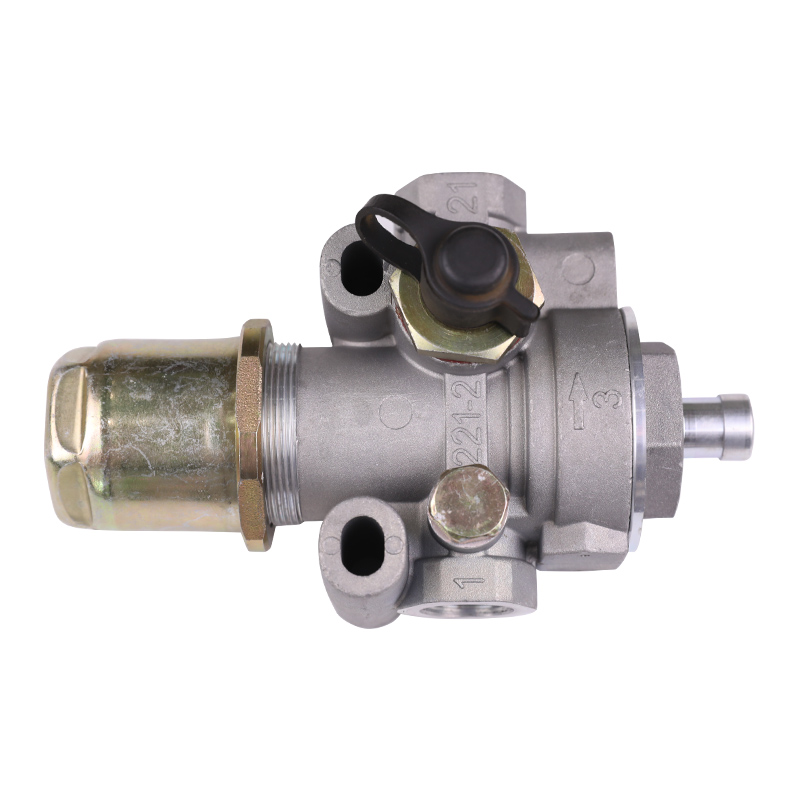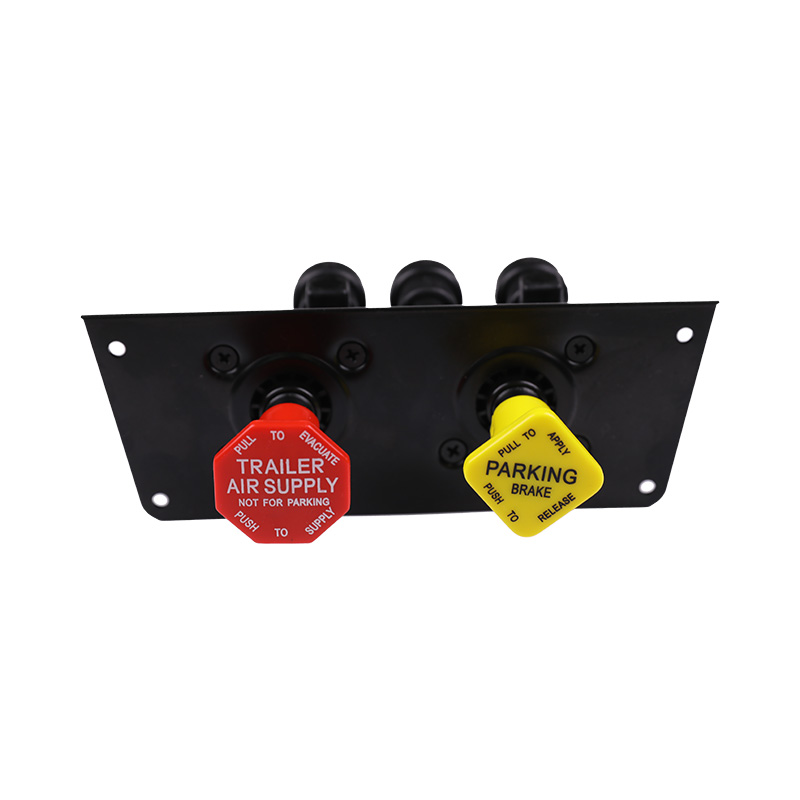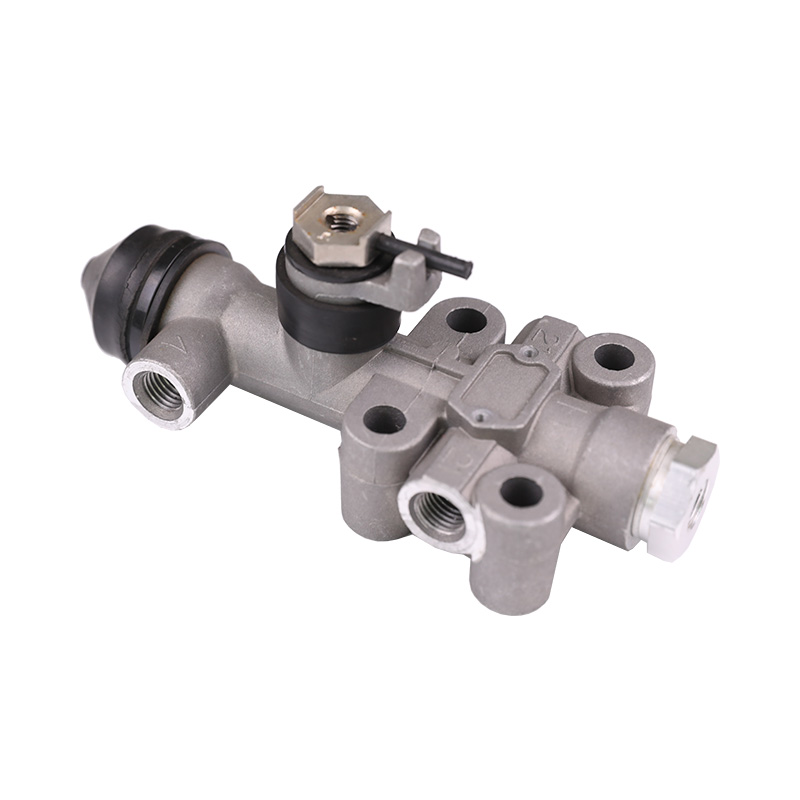The braking effect of the Brake Chamber is achieved by transmitting the braking force from the braking system to the vehicle's brake drum or brake disc, and ultimately decelerating the vehicle through friction.
initial state
When the vehicle is running normally, the Brake Chamber is in its initial state. At this time, the air in the air chamber in the braking system is at normal pressure, and the piston and push rod remain relatively stationary. The vehicle is driving on the road and the braking force is not activated.
Brake signal activated
When the driver applies braking force via the brake pedal, the pressure inside the brake system's chamber increases. This signal activates the Brake Chamber, causing the piston to begin pushing outward, pushing the push rod attached to it.
Push rod transmits braking force
The movement of the push rod is at the heart of the braking effect. The push rod transmits the braking force to the vehicle's brake drum or brake disc through the push of the piston. The amount of braking force is controlled by the pressure in the air chamber, and the movement of the push rod allows the braking force to be accurately transmitted to key parts of the braking system.
Friction of brake drum or disc
After the braking force is transmitted to the brake drum or brake disc, the braking effect is produced by friction. The brake drum is usually located inside the wheel, while the brake disc is attached to the wheel. Under the action of braking force, the brake drum or brake disc begins to be compressed by the brake lining, causing friction. This friction is converted into heat energy, which causes the relative motion of the brake drum or disc and wheel to slow down, slowing the vehicle down.
braking effect
The strength of the braking effect depends on many factors, including the pressure in the air chamber, the displacement of the push rod, the friction coefficient of the brake drum or brake disc, etc. Through the synergy of these factors, the Brake Chamber produces a controllable braking effect. This braking effect can not only provide good deceleration performance under normal braking conditions, but also respond quickly under emergency braking conditions to ensure vehicle safety.
brake release
Once the driver releases the brake pedal, the pressure in the cylinder decreases and the piston and push rod return to their original position. This reduces the friction between the brake drum or brake disc and the wheel, and the braking effect disappears. The vehicle returns to free driving and the Brake Chamber is ready to respond to the braking signal again.
Unmatched Durability: Engineered with precision and built to last, our Truck Brake Chamber is constructed using high-quality materials that can withstand the toughest road conditions. It's time to say goodbye to frequent replacements and hello to long-lasting reliability.
Superior Braking Power: Our Truck Brake Chamber is specifically designed to deliver exceptional braking power, allowing you to stop your truck quickly and safely, even in the most demanding situations.






